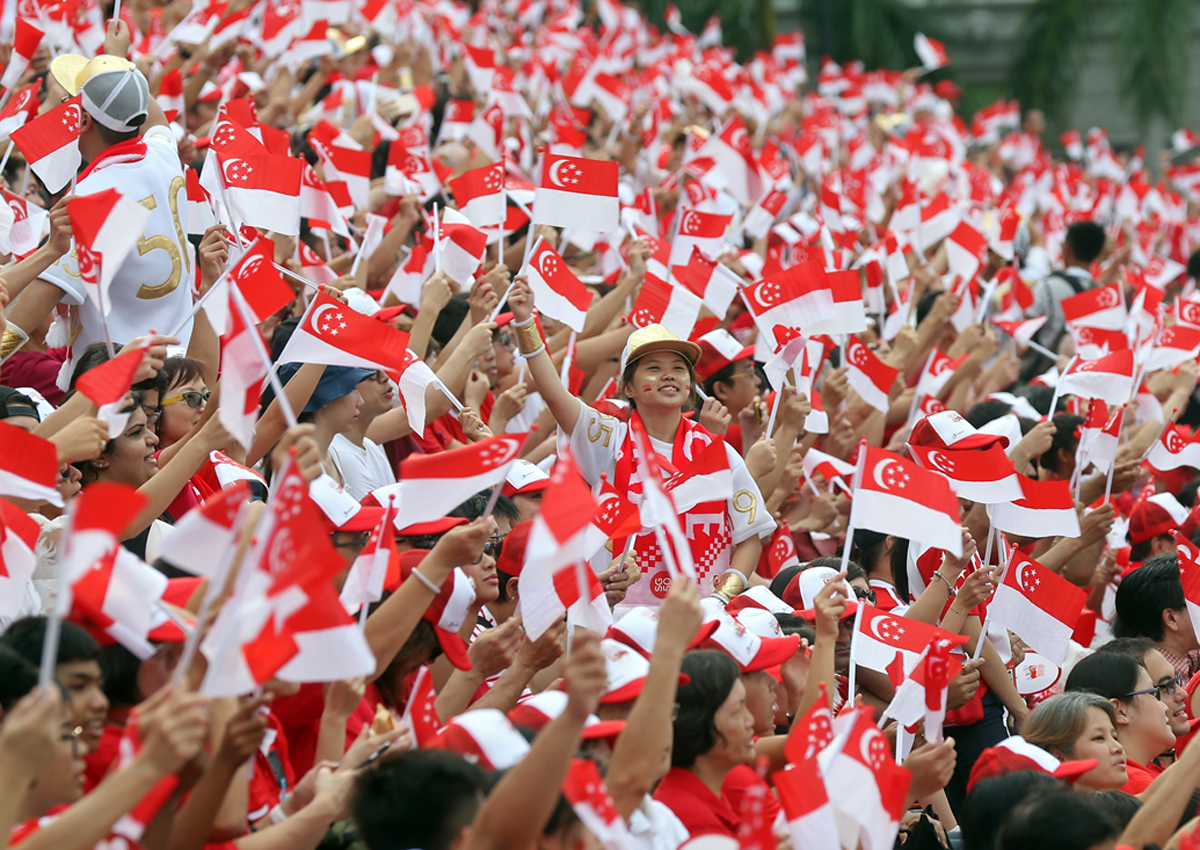Being a Singaporean is more than just about knowing and enjoying food.
Being a Singaporean is to respect other races and religions, to care for others, and to understand the history and culture of Singapore.
Striving for this national identity is a mission of Minister for Culture, Community and Youth Grace Fu, who mapped out the journey towards it at a media conference last Wednesday.
One of the first steps in getting there is to move beyond the usual discussions of the best eats in town, and talk more about Singapore’s culture and heritage, she said.
People should ask one another: “Have you seen our artists’ work in the National Gallery? Have you seen our disabled athletes perform on the world stage?
“Have you seen our performers put up a great cultural show of our unique brand of local music?”
This new approach is an uphill task, and Ms Fu wants the change to start at a young age.
More schools will be encouraged to take their students on field trips to the National Gallery and other art institutions, she said, adding that the relevant agencies are working out the plans for it.
The students’ museum trips also need to be more meaningful, with explanations of the artefacts and artwork presented in simpler ways for the young to understand and relate to.
“If we can educate Singaporeans more about our history, culture and heritage, our understanding of who we are as a people will deepen.
“And if Singaporeans can bet- ter understand themselves as a people, their pride in being Singaporean will increase over time,” she said.
In the two-hour interview, Ms Fu also set out another broad goal: To build a caring society in Singapore.
Traditional faultlines between racial groups and religious communities still exist, she said.
But new divides have emerged in today’s society, including those between the rich and the poor, foreigners and locals, and conservatives and liberals.
“These are divides that we are watching quite carefully. Any of these can cause tensions in society,” said Ms Fu.
Part of her job will be to find ways to bring together people from the different races, values and communities.
One way is to encourage volunteerism in the corporate world, she said.
Her ministry will look at how it can support companies that organise volunteering programmes to serve the community, she added.
Students already volunteer under school programmes, but more can be done to encourage young working adults to spend their time helping the less fortunate.
Another way involves getting Singaporeans to rely less on the Government to fix their problems, and get themselves to step up more often.
Ms Fu said: “If I have an idea of what to do, how about rallying my friends to participate in it? If I think that more can be done to educate cyclists on road etiquette, how about I lead a cyclist group to do something about it?” she said.
This requires Singaporeans to move beyond seeing the Government as the leader, and themselves as the followers, said Ms Fu.
“We need to have a a model where citizens feel that they can get together and participate in the decision-making,” she said.
Her ministry and agencies will do their part to widen the pool of people who participate in government-organised dialogues, she said.
“We want to avoid preaching to the converted. We want to reach out to new groups that are not so familiar with our processes.”
Ms Fu acknowledged that the journey towards nation-building was not easy, and would take time.
“It is not going to be something to be done over five years. It took us 50 years to reach where we are today,” she said.
There would also be no tangible indicators of success, such as museum attendance figures.
But, she said: “If I am able to make Singaporeans feel more strongly and better about themselves as a people and about Singapore as a country, then I would have succeeded as a minister.”

This article was first published on March 7, 2016.
Get a copy of The Straits Times or go to straitstimes.com for more stories.






